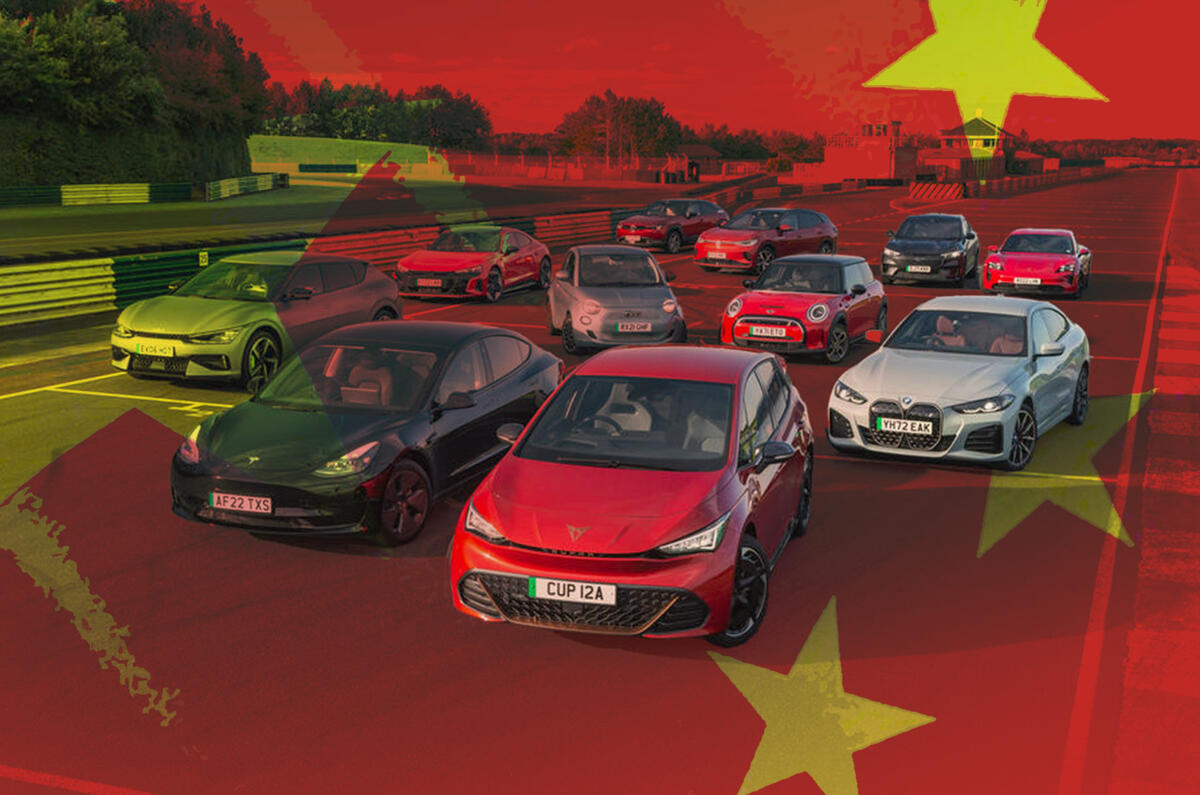Global car makers are starting to question their continued presence in China as once healthy sales plummet and profit margins fall amid the rise of local giants such as BYD and Geely.
China is the world's largest automotive market, with 26 million light vehicles sold last year, but tough competition and even tougher price wars have put once-dominant foreign firms on the back foot after a decade of reaping riches from the country.




Add your comment